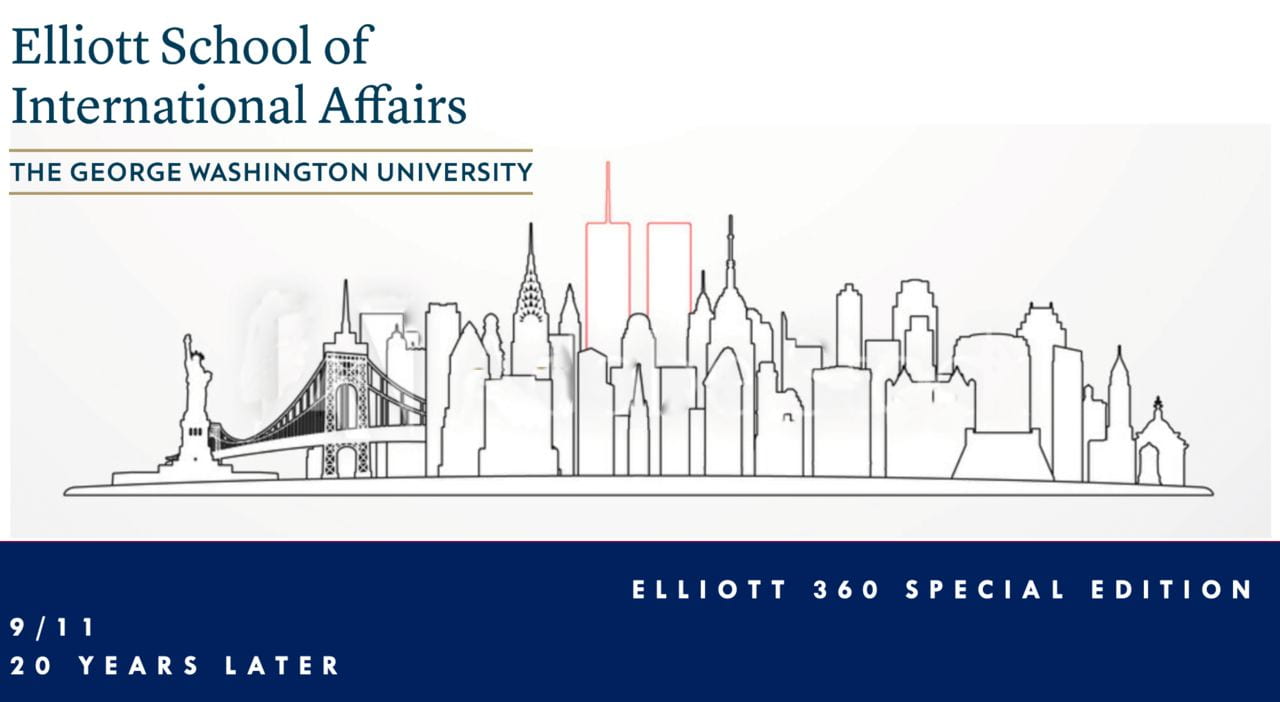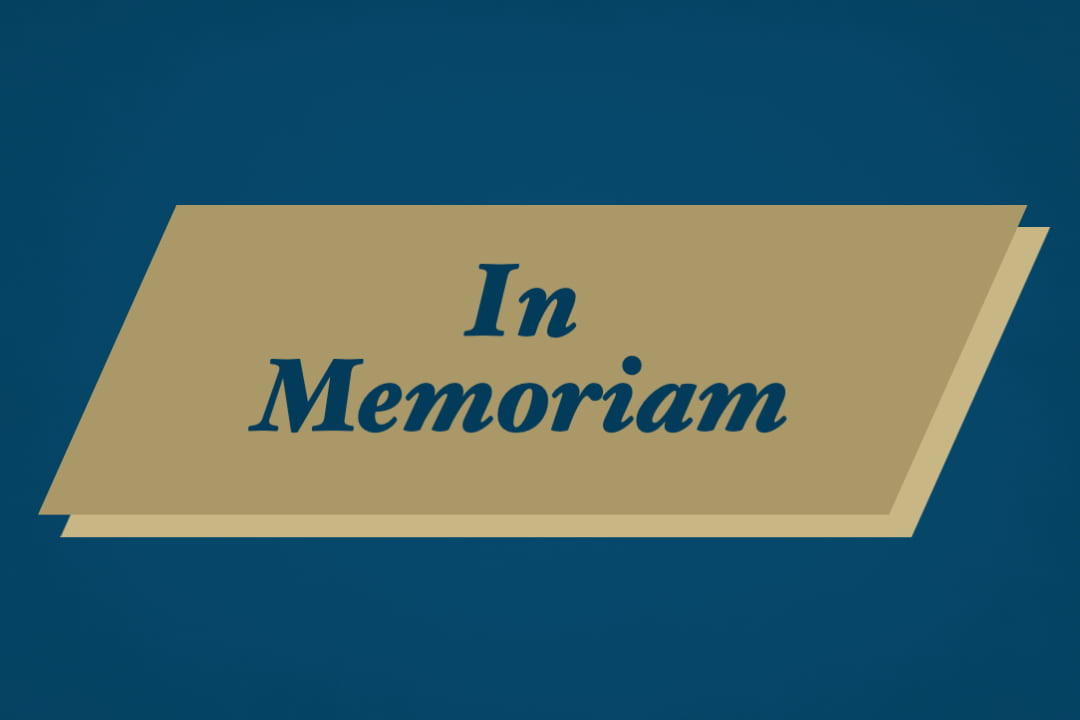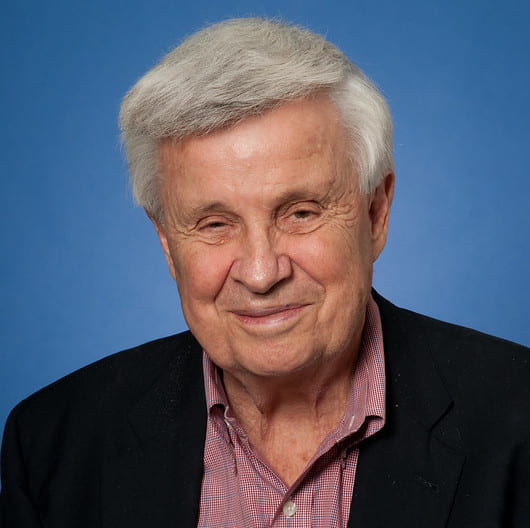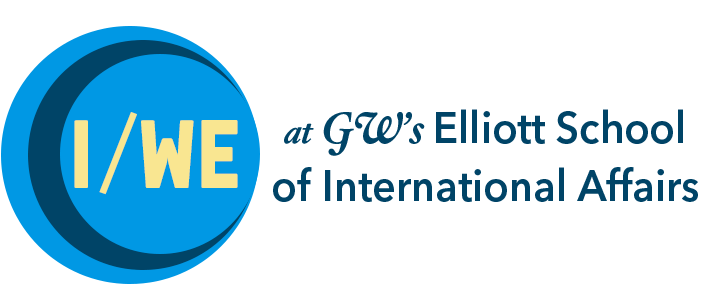“It is time now for ideas about women’s inclusion as a ‘soft’ security matter to be relegated to last century and for gender equality to be taken seriously, not only for the sake of women and girls somewhere, but for the sake of peace and security everywhere.”
The year before 9/11, in October 2000, women’s rights activists were allowed into the chambers of the UN Security Council (UNSC) for the first time! There they highlighted the discriminatory gender norms that make women more vulnerable to certain forms of violence, such as conflict related sexual violence. They called on the UN and member states to put in place gender inclusive mechanisms, such as the participation of women in formal peace and security processes, peace talks, peacekeeping, and countering violent extremism. UNSCR 1325 (2000) was adopted and since then nine more resolutions which make up the Women, Peace & Security Agenda (WPS). And, while this was an important step forward, the implementation of the WPS Agenda and its impact on national and international security has not been realized. For example, not enough attention has been paid to how women are targeted and recruited by extremist groups. In 2017, the Global Extremism Monitor registered the numbers of women involved in suicide attacks increasing, with 181 women involved in 100 suicide attacks that year[1]. Paternalistic attitudes towards women have been utilized to justify military action such as the invasion of Afghanistan. And yet, in the recent withdrawal of U.S. and NATO troops, we see once again that the security of women and girls’ is no longer a priority, as they await their fate under the control of the new Taliban government. The creation of the WPS Agenda has raised awareness of the need for the incorporation of gender analysis to enable holistic understandings of complex security environments. It has also driven new research and new movements for change such as the rise in feminist foreign policies adopted by countries such as Mexico and Canada. Yet, there is still too much talk and not enough action. We have ample evidence linking gender equality and women’s status with a country’s stability, prosperity and security.[2] It is time now for ideas about women’s inclusion as a ‘soft’ security matter to be relegated to last century and for gender equality to be taken seriously, not only for the sake of women and girls somewhere, but for the sake of peace and security everywhere.







